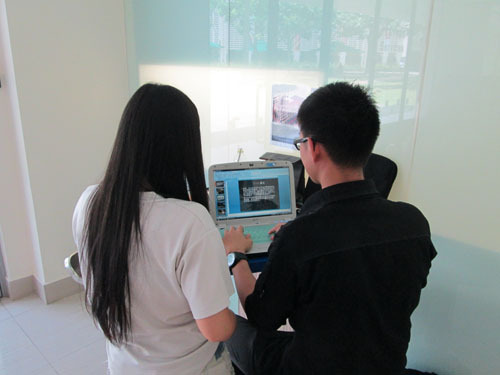
سنگاپور میں ایک اعلی کارکردگی کا مظاہرہ کر کے تعلیمی نظام کے طور پر عالمی سطح پر تسلیم کیا جاتا ہے.
ڈاکٹر کے طور پر. پاک ٹی اوں تقریبا ایک سال پہلے ہمیں رپورٹ, Singapore has been implementing technology in its education system since 1997. A three step “ماسٹر پلان” initiative was kicked off beginning with Masterplan One (1997-2002), the goal being to allow students computer usage for 30 percent of their curriculum time in fully networked schools with a computer to pupil ratio of 1:2. Masterplan Two of Singapore Information and Communications Technology (ICT) was aimed at motivating teachers to use ICT effectively in teaching and learning. Masterplan Three (2009-2014), currently in progress, is built on the first two Masterplans but aims to be more transformative, the goal being to equip students with the critical competencies to succeed in a knowledge economy. How are they doing in K through 12 اور اس سے آگے? میں نے ڈاکٹر سے پوچھا. Pak Tee Ng to give us an update.
ڈاکٹر. پاک Tee کی اوں ایسوسی ایٹ ڈین, قیادت سیکھنا, گریجویٹ مطالعہ اور پروفیشنل لرننگ کے دفتر, اور سر اور ایسوسی ایٹ پروفیسر, پالیسی اور قیادت اسٹڈیز تعلیمی گروپ, قومی تعلیمی ادارے میں, Nanyang ٹیکنالوجی یونیورسٹی, سنگاپور کے جمہوریہ.
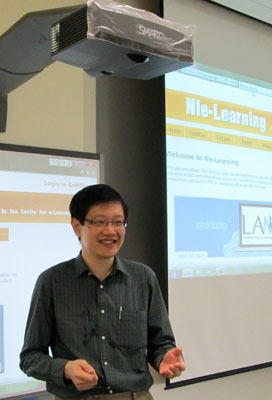
How has technology impacted the Singapore education system? آپ کو ایک سیکھنے کے نقطہ نظر سے پیشہ اور cons کے طور پر کیا دیکھتے ہیں?
آج کل, campus-wide wireless Internet connectivity, classroom computers with projection equipment, teachers and students with their own laptops or other mobile ICT devices are commonplace in Singapore schools. Technology is quite pervasive, but it is not the equipment that we are interested in. ایک سیکھنے کے نقطہ نظر سے, we are more interested in how technology can transform learning and bring it to a higher level for our students. Singapore believes in the use of technology in education. But we are cautious that we do not use technology for the sake of using it. Inappropriately used, technology can be a distraction rather than a help. We are encouraging our teachers to explore more in this area.
How is the role of the Singapore teacher changing in the digital age?
In the digital age, there will be a lot of information that is available in the virtual medium. Teachers have to help students make sense of this large volume of information and to differentiate good information from potential misinformation. Teachers have to facilitate student discourse in the e-discussion forums and lead students in creating actual usable knowledge. These learning activities require a high level of facilitative and synthesizing skills. تاہم, that does not mean that teachers do not conduct face-to-face teaching. Contact hours become more valuable and should be focused on higher order thinking and learning, instead of information transmission.
Although the use of ICT is not exactly new in education, there is still a lot of room for development in this area. لہذا, teachers are encouraged to be change agents of educational processes, so that new technologies may be harnessed for educational purposes. Senior teachers also play the role of mentors to beginning teachers in the effective use of ICT in their respective disciplines and to champion appropriate change.
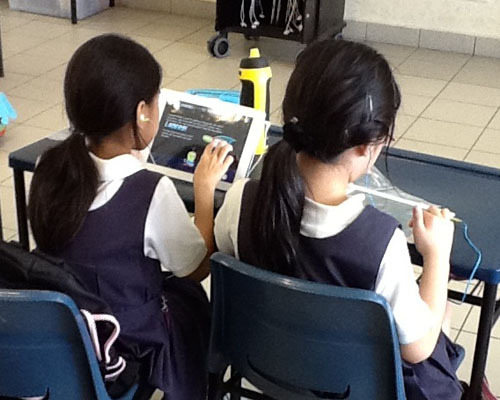
امریکہ میں پورے امریکہ ڈیجیٹل نصابی کتابوں کو گود لیا ہے. یونیورسٹی لائبریریوں ڈیجیٹل مواد کے ذخیرہ ہوتے جا رہے ہیں. Many would say textbooks have already gone digital and indeed, the next generation of digital content is not far behind. What digital learning tools have been implemented in Singapore and what do educators see as the pros and cons of these?
Digital learning tools are getting more popular and pervasive in Singapore. University libraries are indeed going digital. اصل میں, they are more accurately described as a ‘space’ than a ‘place’. Most academics and research students nowadays will download an e-article than read a hard-copy journal.
Many desktops have been phased out. Laptops, گولیاں, iPads and Androids are quite common among young people. Various schools have also implemented Learning Management Systems (LMS’s) such as Blackboard, WebCT and Moodle. لیکن, as I said, we are not as interested in the tool itself as the pedagogy that it can enable. Technology should not be used just to support traditional teaching methods in terms of productivity. اس کے بجائے, the challenge is to learn how technology can be used in a student-centered manner to enhance student learning or even to bring about learning that was not possible in the past without technology. In the digital age, information is made more easily available and that is good for education. تاہم, having information easily available is not the same as having better learning. We are more interested in raising the standards of learning, rather than just having more information.
How has technology impacted curriculum design in Singapore?
عام طور پر, curriculum should be designed to achieve challenge, enjoyment, breadth and depth, personalization and choice, coherence and relevance. It is quite apparent that technology has the power to help in each of these areas. One of the advantages of ICT is that it can expand access to education. آئی سی ٹی کے ذریعے, students can access online course materials anytime and anywhere, learning at their own pace. E-discussion forums allow many students to discuss learning content at the same time. Video clips, audio sounds and graphical presentation bring content to life.
سنگاپور میں, one of the main impacts of technology is a shift in the mindset of educators to discover how curriculum and the teaching environment can become more learner-centered through the enabling of ICT. Instead of always relying on the traditional curriculum, we now have more experiments with modular approaches, flipped classrooms and learning content beyond the shores of Singapore. تاہم, while encouraging experimentation, we continue to take a balanced and judicious approach in this area, paying attention not just to the tools but also to capacity building among educators for change. The use of technology and changes in curriculum design need to move in tandem.
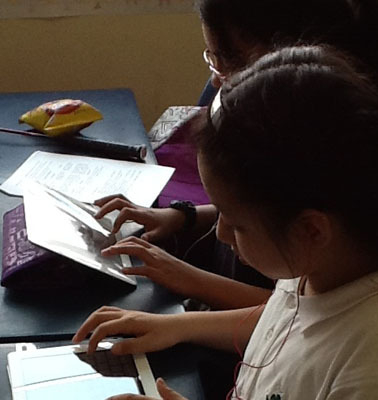
The latest Pew research once again indicates that the use of tablets, موبائل فونز, Internet sources and social media platforms such as Facebook and Twitter continues to infiltrate classrooms in the US rapidly. Are you seeing the same trend in Singapore classrooms? کس حد تک اپنے نصاب کا حصہ ان آلات کا استعمال ہے? آپ ان آلات کے کلاس رومز میں نہیں موزوں ہیں یقین ہے کہ جس کے نیچے ایک عمر ہوتی ہے?
سنگاپور میں, the use of tablets, موبائل فونز, Internet sources and social media platforms such as Facebook and Twitter is commonplace among young people. It is a lifestyle change, rather than an education change. عام طور پر, schools are free to experiment with social media tools as learning tools. Our concern is the responsible use of such tools among young people. We are educating the young regarding issues of cyber-wellness and cyber-bullying.
Is there an age below which ICT tools are not appropriate in classrooms? This is a difficult question to answer authoritatively. Some researchers do not recommend computer use for children under 3 پرانے سال. There may be a problem of confusing “حقیقی” سے “virtual” when children are too young. سنگاپور میں, we are trying out some ICT tools, such as iPads, with preschoolers. لیکن ایک بار پھر, we are cautious and balanced in our approach. Preschoolers are at a stage of learning to master skills such as speaking and making friends. They should interact more with human beings and natural objects. تو, we start in a small way in preschool, and incrementally expose children to such tools at the higher levels, while educating them about cyber-wellness.
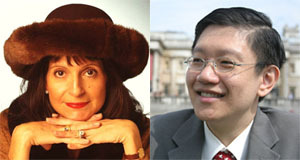
Photos courtesy of Pak Tee Ng and National Institute of Education, Nanyang ٹیکنالوجی یونیورسٹی, سنگاپور کے جمہوریہ.
ملا ٹیک میں مزید مضامین کے لئے? سیریز: تعلیم کے لئے گلوبل تلاش: ملا ٹیک? – فن لینڈ, تعلیم کے لئے گلوبل تلاش: ملا ٹیک? – کینیڈا, تعلیم کے لئے گلوبل تلاش: ملا ٹیک? – آسٹریلیا, تعلیم کے لئے گلوبل تلاش: ملا ٹیک? – ریاست ہائے متحدہ امریکہ, تعلیم کے لئے گلوبل تلاش: ملا ٹیک? ایک مجازی دنیا میں آئی بی اسکولوں, تعلیم کے لئے گلوبل تلاش: ملا ٹیک? – ارجنٹینا
تعلیم کے لئے عالمی تلاش میں, سر مائیکل باربر سمیت میرے ساتھ اور عالمی سطح پر معروف فکری رہنماؤں (برطانیہ), ڈاکٹر. مائیکل بلاک (امریکہ), ڈاکٹر. لیون Botstein (امریکہ), پروفیسر مٹی Christensen کے (امریکہ), ڈاکٹر. لنڈا ڈارلنگ-ہیمنڈ (امریکہ), ڈاکٹر. مادھو چوہان (بھارت), پروفیسر مائیکل Fullan (کینیڈا), پروفیسر ہاورڈ گارڈنر (امریکہ), پروفیسر اینڈی Hargreaves نے (امریکہ), پروفیسر کریں Yvonne ہلمین (نیدرلینڈ), پروفیسر کرسٹن Helstad (ناروے), جین Hendrickson نے (امریکہ), پروفیسر گلاب Hipkins (نیوزی لینڈ), پروفیسر Cornelia Hoogland (کینیڈا), فاضل جیف جانسن (کینیڈا), مسز. چینٹل کوفمین (بیلجیم), ڈاکٹر. Eija Kauppinen (فن لینڈ), سٹیٹ سیکرٹری Tapio Kosunen (فن لینڈ), پروفیسر ڈومینک Lafontaine (بیلجیم), پروفیسر ہیو Lauder (برطانیہ), پروفیسر بین لیون (کینیڈا), رب کین میکڈونلڈ (برطانیہ), پروفیسر بیری McGaw (آسٹریلیا), شیو ندار (بھارت), پروفیسر R. نٹراجن (بھارت), ڈاکٹر. PAK NG (سنگاپور), ڈاکٹر. ڈینس پوپ (امریکہ), شریدر رازگوپالن (بھارت), ڈاکٹر. ڈیانے Ravitch (امریکہ), رچرڈ ولسن ریلی (امریکہ), سر کین رابنسن (برطانیہ), پروفیسر Pasi Sahlberg (فن لینڈ), پروفیسر Manabu ساتو (جاپان), Andreas کی Schleicher (پیسا, او ای سی ڈی), ڈاکٹر. انتھونی Seldon نے (برطانیہ), ڈاکٹر. ڈیوڈ Shaffer کے (امریکہ), ڈاکٹر. کرسٹن عمیق کر رہے ہیں (ناروے), چانسلر اسٹیفن Spahn (امریکہ), ایوز Theze (اسکول Français کی امریکہ), پروفیسر چارلس Ungerleider (کینیڈا), پروفیسر ٹونی ویگنر (امریکہ), سر ڈیوڈ واٹسن (برطانیہ), پروفیسر Dylan کے Wiliam (برطانیہ), ڈاکٹر. مارک Wormald (برطانیہ), پروفیسر تیو Wubbels (نیدرلینڈ), پروفیسر مائیکل نوجوان (برطانیہ), اور پروفیسر Minxuan جانگ (چین) وہ تمام اقوام کو آج سامنا ہے کہ بڑی تصویر تعلیم سوالات دریافت کے طور پر.
تعلیم کمیونٹی پیج کے لئے گلوبل تلاش
C. M. روبن وہ ایک موصول ہوئی ہے جس کے لئے دو بڑے پیمانے پر پڑھا سیریز کے مصنف ہے 2011 میں Upton سنکلیئر ایوارڈ, “تعلیم کے لئے گلوبل تلاش” اور “کس طرح پڑھیں گے?” انہوں نے تین bestselling کتابوں کے مصنف ہیں, سمیت Wonderland میں یلس اصلی.
C پر عمل کریں. M. ٹویٹر پر روبن: www.twitter.com/@cmrubinworld


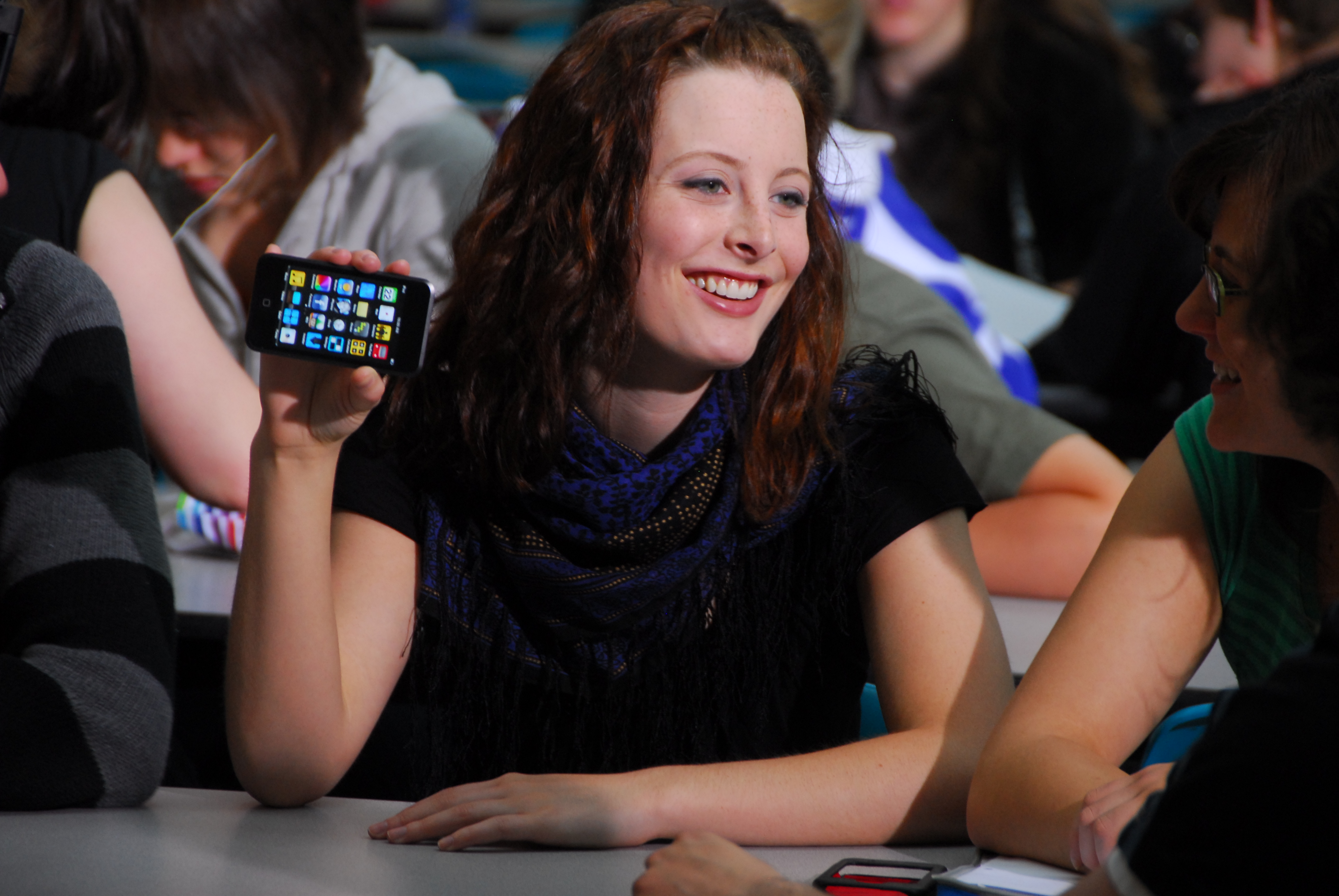
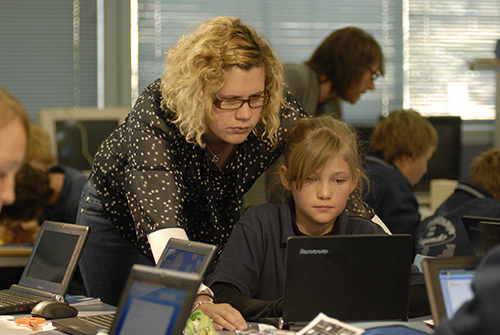
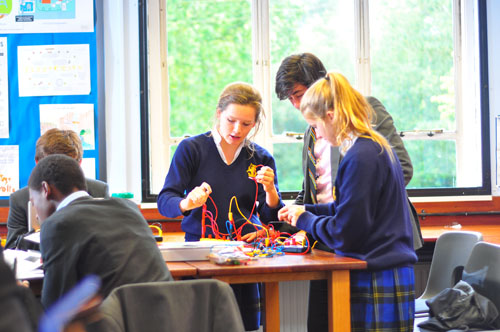
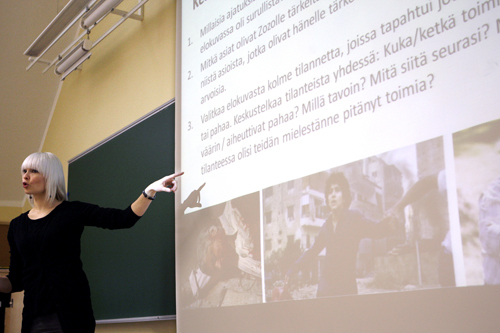
حالیہ تبصرے